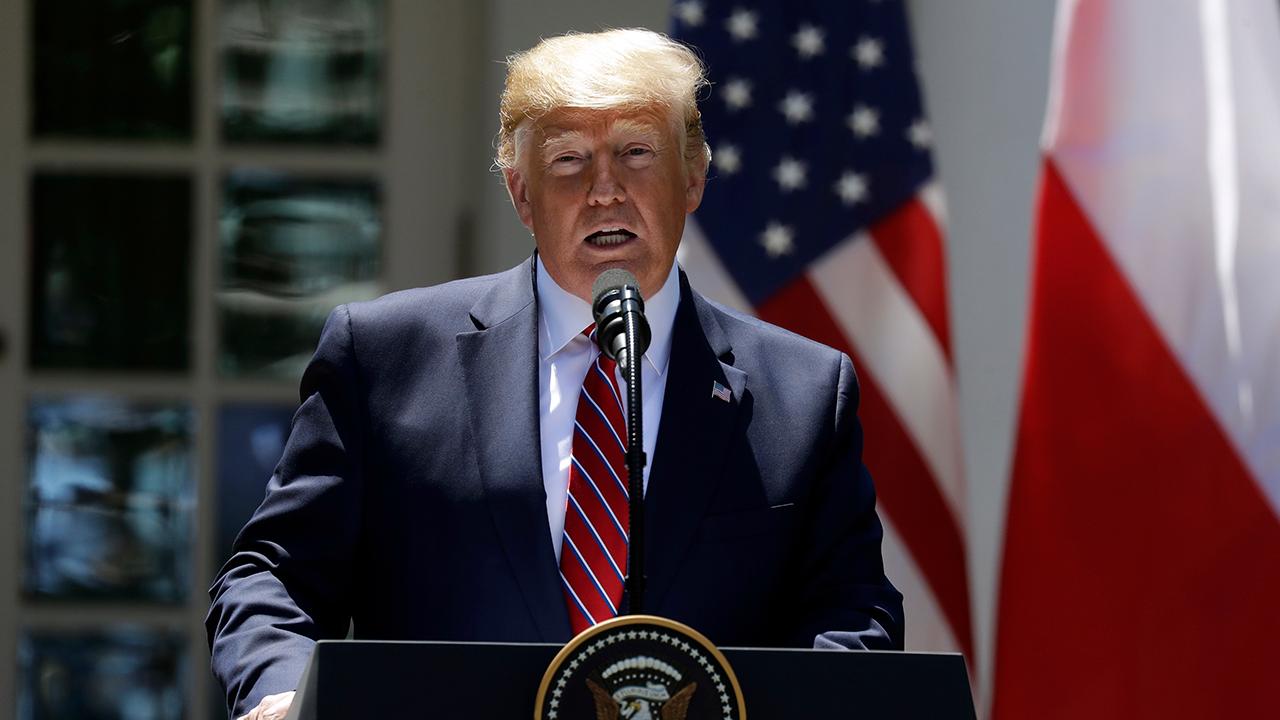Strait of Hormuz is drone and tanker battleground, yet oil prices unfazed
The Strait of Hormuz is a hotbed of conflict raising more questions about the world’s most important oil chokepoint.
The U.S. Department of Defense, on Thursday, disclosed the downing of an Iranian drone by the U.S. Navy.
"At approximately 10 a.m. local time, the amphibious ship USS Boxer was in international waters conducting a planned inbound transit of the Strait of Hormuz. A fixed wing unmanned aerial system (UAS) approached Boxer and closed within a threatening range. The ship took defensive action against the UAS to ensure the safety of the ship and its crew."
This incident followed reports that Iran had seized the Panamanian-flagged oil tanker MT Riah, most likely in response to the fact that the British Royal Marines seized an Iranian oil tanker on suspicion it was breaking European sanctions by taking oil to Syria.
Now normally this might make you think that oil prices would soar, but reports of back-channel negotiations between the U.S. and Iran is cooling off the risk premium on oil. First, oil has already sold off hard on reports that the Trump administration was going to send Sen. Rand Paul, R-Ky., to meet with Iran's Foreign Minister Mohammad Javad Zarif to try to ease tensions between the two nations.
This after Trump said he was making good progress with Iran, a statement backed by Secretary of State Mike Pompeo. The remarks indicated Iran was willing to discuss and negotiate not only its nuclear program but also its missile program. One of the main reasons the Trump administration was critical of the Iranian nuclear deal in the first place was because Iran’s missile program was something that was not part of the original nuclear agreement.
If Iran could improve its missile program and be able to enrich uranium in a few years, the risk to Israel and other countries in the region would have been unacceptable.
How this all plays out should have a major impact on the longer-term direction of oil. If talks with Iran break down, we could very easily see oil go back to $80 a barrel. If, on the other hand, talks with Iran go well and they are allowed to sell their oil, then the prices for the commodity would more than likely head back to the $40 level.
Iran’s supreme leader, Ayatollah Ali Khamenei, vowed retaliation against the U.K. for the "piracy of one of its oil tankers" and declared that Iran will keep rolling back its commitments to the 2015 Iranian nuclear deal.
At least on part of that, it looks like he made good. The seizure of this tanker in the Strait of Hormoz is disturbing to traders because it follows two previous attacks on tankers in one of the world's most important transit routes.
These tensions in the Strait of Hormuz have already raised insurance and tanker rates in the area where one-third of the daily global oil flow moves. While this tanker and drone tit-for-tat has been going on, the U.S is working behind the scenes to try to avoid a military conflict with Iran.
They are taking extraordinary steps to get Iran back to the negotiating table which may explain why crude prices are taking the conflicts in stride.
Phil Flynn is senior energy analyst at The PRICE Futures Group and a Fox Business Network contributor. He is one of the world's leading market analysts, providing individual investors, professional traders, and institutions with up-to-the-minute investment and risk management insight into global petroleum, gasoline, and energy markets. His precise and timely forecasts have come to be in great demand by industry and media worldwide and his impressive career goes back almost three decades, gaining attention with his market calls and energetic personality as writer of The Energy Report. You can contact Phil by phone at (888) 264-5665 or by email at pflynn@pricegroup.com. Learn even more online at www.pricegroup.com.




















